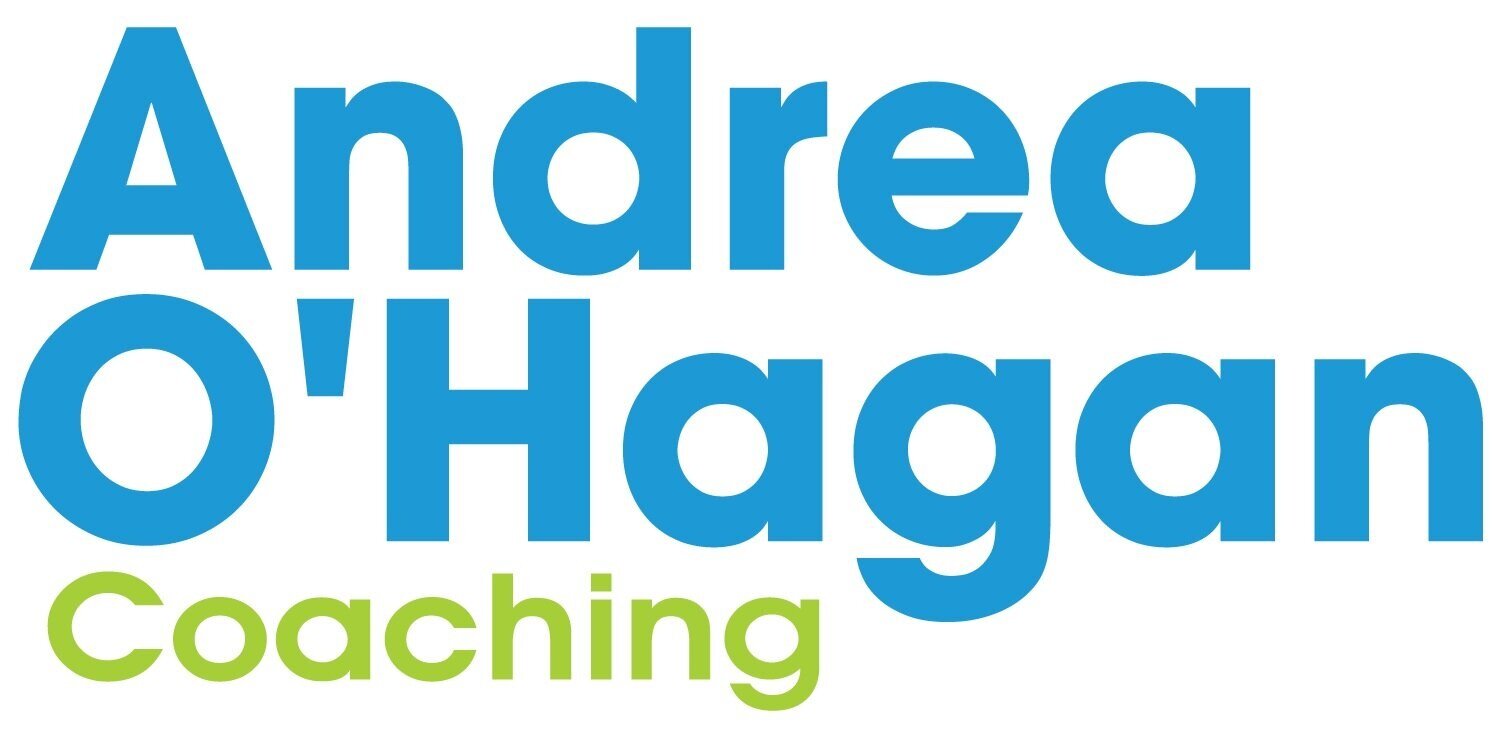Making Words Work
I was working with a seven-year-old boy who was struggling to spell well and it became clear that he talked in patterns of ‘I can’t’, ‘It’s hard’ and ‘it’s a problem’.
My responses could have been ‘yes you can’ or ‘it’s really easy if you try harder’ or ‘don’t think like that.’
We say these phrases with good intentions. Yet these examples do not always shift the learner into a more positive place nor affect their learning or behaviour.
Helpful Language Patterns
Language patterns can signal that we understand what is important to a learner. When we respond with ‘you haven’t found a way to do this easily yet?’ or ‘Right now your work feels harder for you?’ we offer children a sense of being able to change what they are experiencing.
This is because the words ‘yet’ and ‘right now’ have located their belief or feeling in the present. A sentence such as ‘this work is hard for you’ has a more permanent quality to it.
To change a word from ‘hard’ to ‘harder’ implies some work is easier and so this work may also become easier, with help or practise.
Teacher talk
Teacher talk is cited as a key component of quality relational pedagogy (Cazden, 2001; Edmiston, 2003; Mercer, 2000), necessary to foster individual learning capacity or to develop cooperative classrooms. Teachers can strengthen their verbal skills of manaakitanga – caring for your learners. Through language patterns that communicate caring, teachers affect the learning capacity for the student (Bishop & Berryman, 2006).
These language patterns can also assist students who get ‘stuck’ in their thinking or behaviours.
Have you noticed any language patterns that you tend to use without thinking about them? Maybe you will notice what you are saying more over the next week.
Effective language patterns take no more time than the old patterns that we are used to running . Yet the results can be surprising – both for the learner and the teacher (Churches & Terry, 2007) .
5 language patterns to begin with:
- You might be surprised how soon you get a good grasp of this work
- You’re probably right. The work does seem hard right now, and yet…
- You might not find this gets easier - until tomorrow or next week. Let’s go over it again and see what happens.
- The first bit you did earlier was actually the hardest bit. Let’s see what you can do now with this bit.
- Tomorrow you will be able to learn even more (A great positive pattern to end a school day with!)
Until next time—Keep making those positive changes!
Andrea runs workshops for teachers and school staff on effective teacher talk. She was a workshop presenter at the 2015 Core ULearn Conference for educators in Auckland. Contact us to book a staff workshop.
References
Bishop, R., & Berryman, M. (2006). Culture speaks: cultural relationships and classroom learning. Wellington, N.Z: Huia.
Cazden, C. B. (2001). Classroom discourse (second ed.). Heinemann.
Churches, R., & Terry, R. (2007). NLP for teachers: How to be a highly effective teacher. Carmarthen, Wales, UK: Crown house Publishing Ltd.
Edmiston, B. (2003). What’s my position? Role, frame and positioning when using process drama. Research in Drama Education, 8(2), 221–229
Mercer, N. (2000). Words and minds. New York: Routledge.

